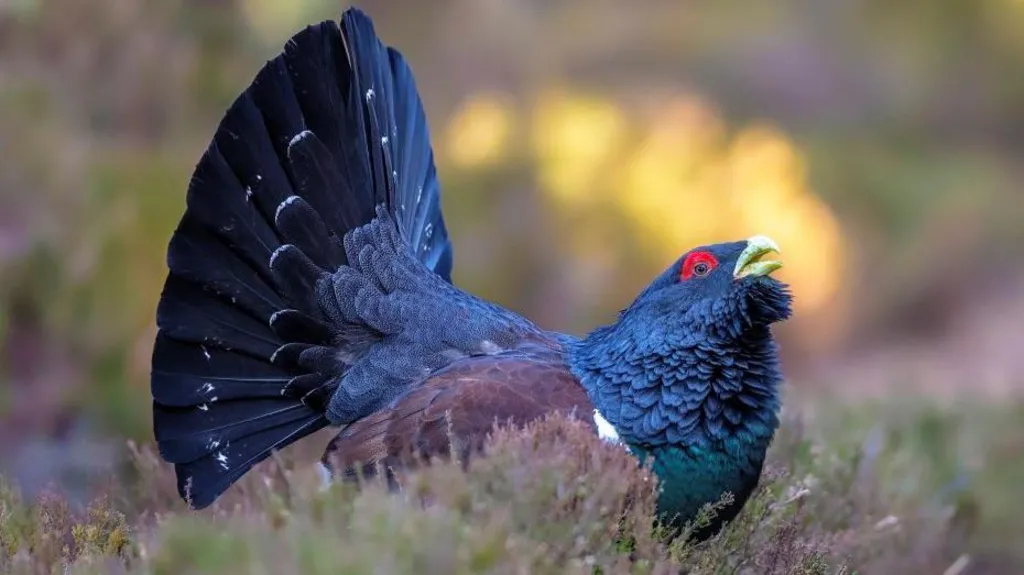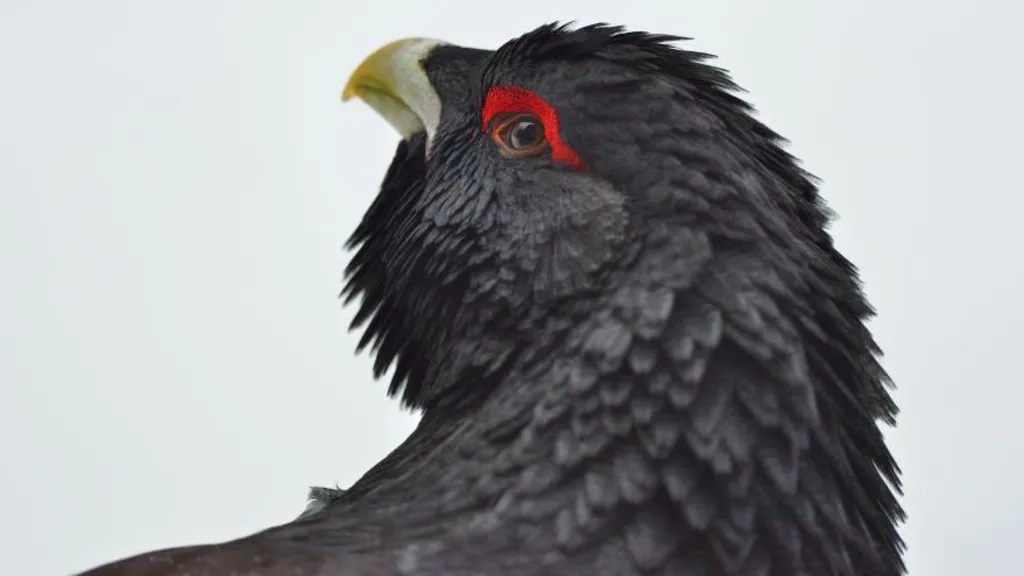Emergency Plan to Save the UK’s Capercaillie Population
An urgent initiative has been launched to protect the UK’s dwindling capercaillie population, with plans to introduce birds from continental Europe to bolster numbers. Currently, only about 532 capercaillies are estimated to remain, all located in Scotland, and experts warn they could face extinction within the next 30 years.
Overview of the Plan
The Cairngorms National Park Authority (CNPA) and NatureScot have developed a five-year strategy aimed at:
- Enhancing Woodland Habitat: Increasing the availability of suitable habitats for capercaillies.
- Population Reinforcement: Conducting a feasibility study on the potential introduction of capercaillies from outside the UK.
- Predator Management: Reducing the threat from predators such as pine martens and badgers through diversionary feeding techniques.
Innovative Predator Management
Researchers from the University of Aberdeen have tested a method to divert predators away from capercaillie nests. They placed deer meat near fake nests filled with chicken eggs, successfully luring predators away. This strategy resulted in an impressive 83% survival rate for the artificial nests.
Historical Context and Current Challenges
Britain’s native capercaillie population was wiped out by the 1780s, but the current population descends from birds reintroduced from Sweden in the 19th century. Unfortunately, since the 1970s, capercaillie numbers have declined due to various factors, including:
- Habitat Loss: The degradation of suitable living areas.
- Predation: Eggs falling victim to natural predators.
- Human Disturbance: Visitors disrupting breeding grounds.
- Collisions: Fatal encounters with deer fences.
The Scottish government has recognized the urgency of this situation, leading to the request for an emergency action plan.

Commitment to Conservation
Andy Ford from the CNPA emphasized the importance of the Cairngorms National Park, which is home to 85% of the UK’s capercaillie population. He highlighted that protecting these birds requires a collaborative effort, stating, “Thanks to the Cairngorms Capercaillie Project, more people than ever before are now actively helping the species.”
Eileen Stuart, deputy director of NatureScot’s nature and climate change division, echoed the urgency of the plan, warning that capercaillies could be extinct in 30 years without immediate action. The plan is the culmination of intensive collaboration with over 100 stakeholders committed to safeguarding the future of this iconic species.
